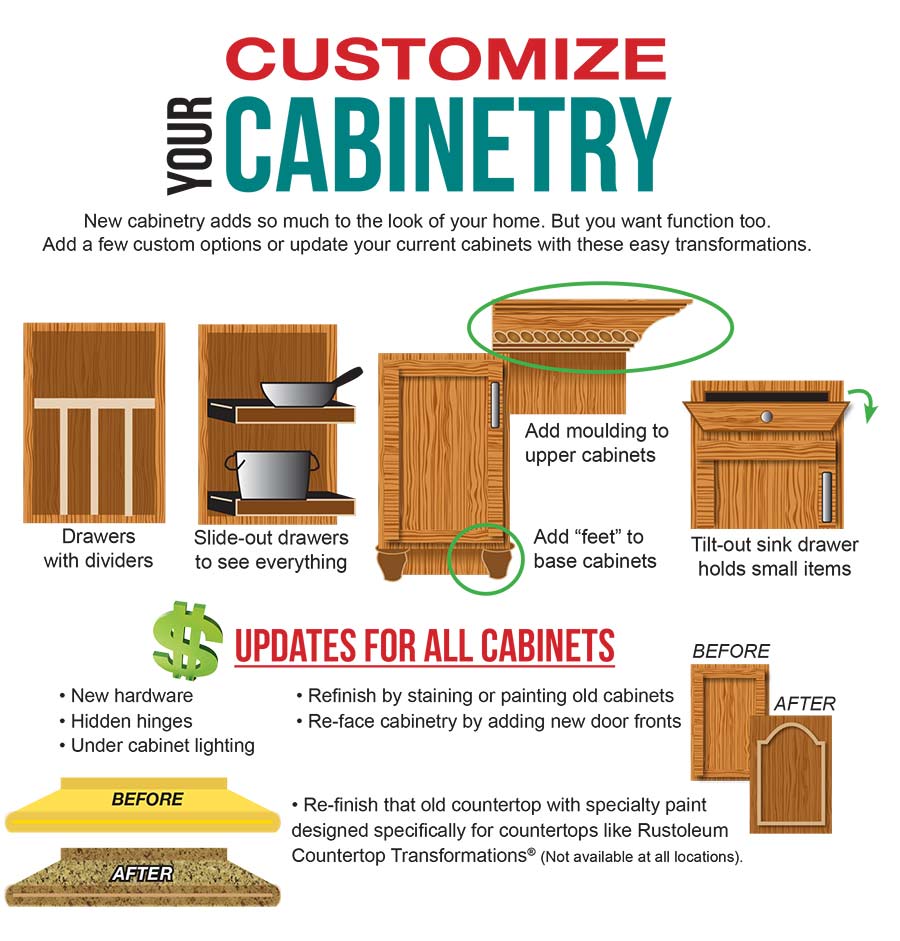How To Locate A Good Woodworking Contractor In Your Area
How To Locate A Good Woodworking Contractor In Your Area
Blog Article
Finding a Great Woodworking Contractor Can Be Quick if You Know These Tips
Finding a great woodworking contractor can be a quick and easy process if you know these tips. These methods will turn your needle-in-a-haystack search into a targeted one for the exact type of woodworking you require.
To begin, go to your local woodworkers’ group on Facebook and post about the job you require. Ask for photos and testimonials that prove they can build what you are looking for.
1. Get Referrals
The best way to find a woodworking contractor is to get a referral from someone who has used their services. This is the most reliable source of information because people are more likely to trust a company that has been recommended by a friend or colleague.
Asking for references and testimonials is another great way to find out more about a woodworking firm’s capabilities. This will help you determine if they have experience working on projects similar to yours and can provide you with the high-quality results you need for your project.
Woodworkers and carpenters are both highly skilled tradesmen, but they have different skill sets. Woodworkers create and build pieces in their workshop, while carpenters install items onsite.
2. Do Your Research
Whether you’re a general contractor or an architect looking for woodworking services, it’s important to do your research. You’ll want to ensure that the company has experience creating the type of woodwork you need for your project, as well as a track record of success.
You’ll also want to find out what types of materials the company works with. If you’re planning a large commercial or residential project, finding out what materials the firm has worked with in the past will give you an idea of their capabilities.
Another thing to consider is whether the contractor will do all of the work or subcontract it out. Ask about the contractor’s background and find out if they have any previous clients who can provide a testimonial about their work.
3. Ask for Estimates
Once you find a contractor you want to work with, basement bars ideas ask for an estimate. This will help to clarify the scope of the project and prevent any surprises down the line.
Detailed estimates should include a breakdown of labor and materials, as well as any applicable permits and additional expenses. Also, be sure to include a timeline for the project’s completion.
Some woodworking firms have multiple employees who perform different tasks, including salespeople, estimators, project managers, and superintendents, while others have a team of woodworkers that perform all of the onsite work. Understanding how information about the project is passed from one employee to another and tracked can give you an idea of the level of organization and professionalism you’ll receive from a particular woodworking contractor.
4. Get a Contract
If you want to hire a contractor that you can trust, get everything in writing. This will help to avoid any misunderstandings in the future. It will also protect you if something goes wrong.
For example, a contract will include payment terms, work hours and project completion dates. It will also detail what materials and labor will be used. It will also cover any applicable taxes. A good way to find a great woodworking contractor is by searching online for photos of their past projects. If they have a website, make sure that their website is updated regularly with recent work.
The best woodworking contractors have a minimum of two types of business insurance. This includes general liability insurance and professional liability insurance. They may also have unemployment insurance, workers’ compensation and cybersecurity insurance.
5. Make the Right Decision
The bottom line is that choosing the right contract manufacturing partner for your woodworking project is a big decision. Don’t make your decision based on cost alone – quality is key.
A good contractor will track the hours spent on your job – building, making and fitting – and will have a system in place to record the costs associated with those hours. Ensure these figures are included in your final quote.
Ask your woodworking contractor to provide references from previous customers and examples of their work. You may also want to ask about the types of materials they use, as this is an important part of the woodworking process and can impact your project’s outcome. Make sure your contractor has liability insurance and property damage coverage.